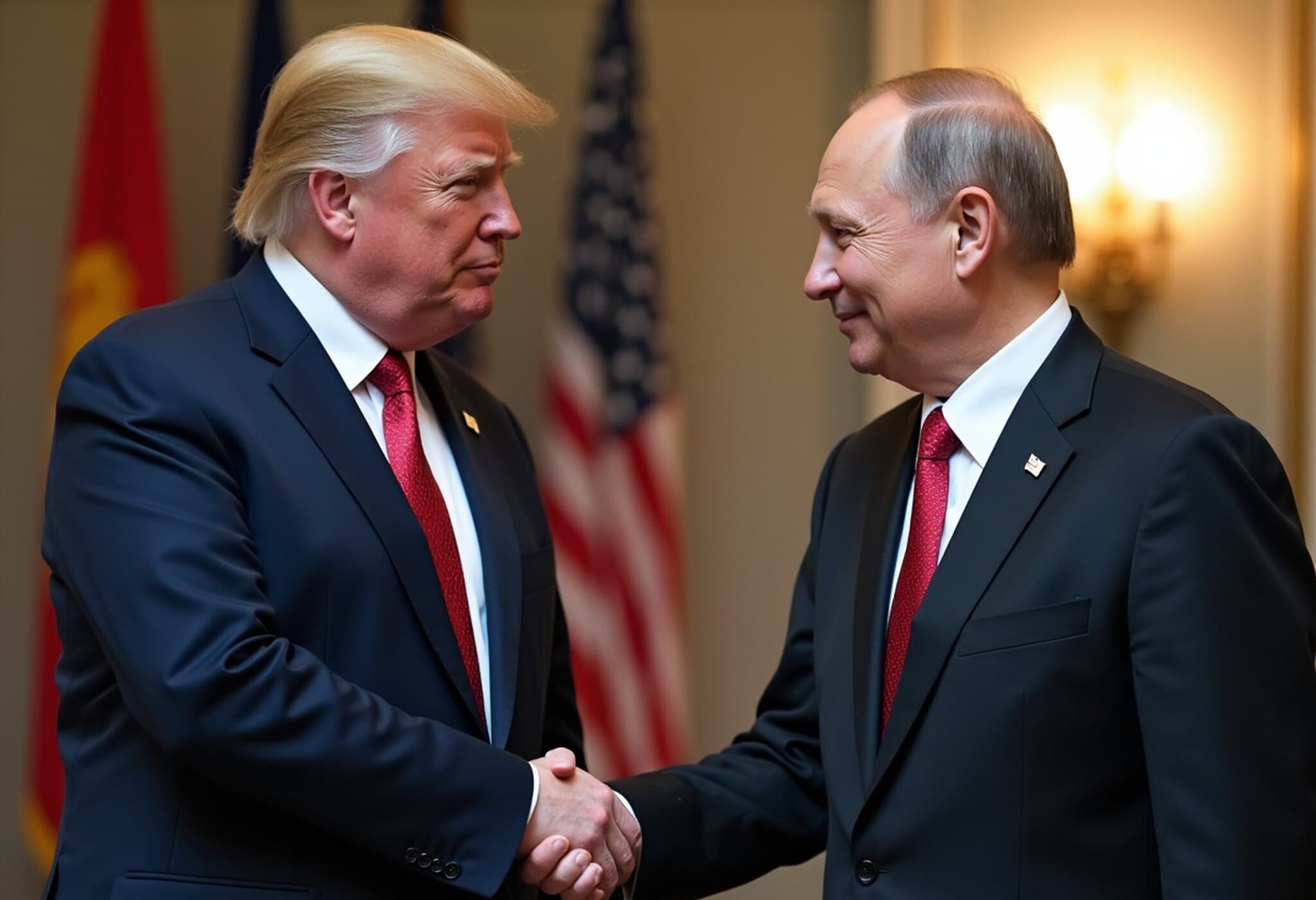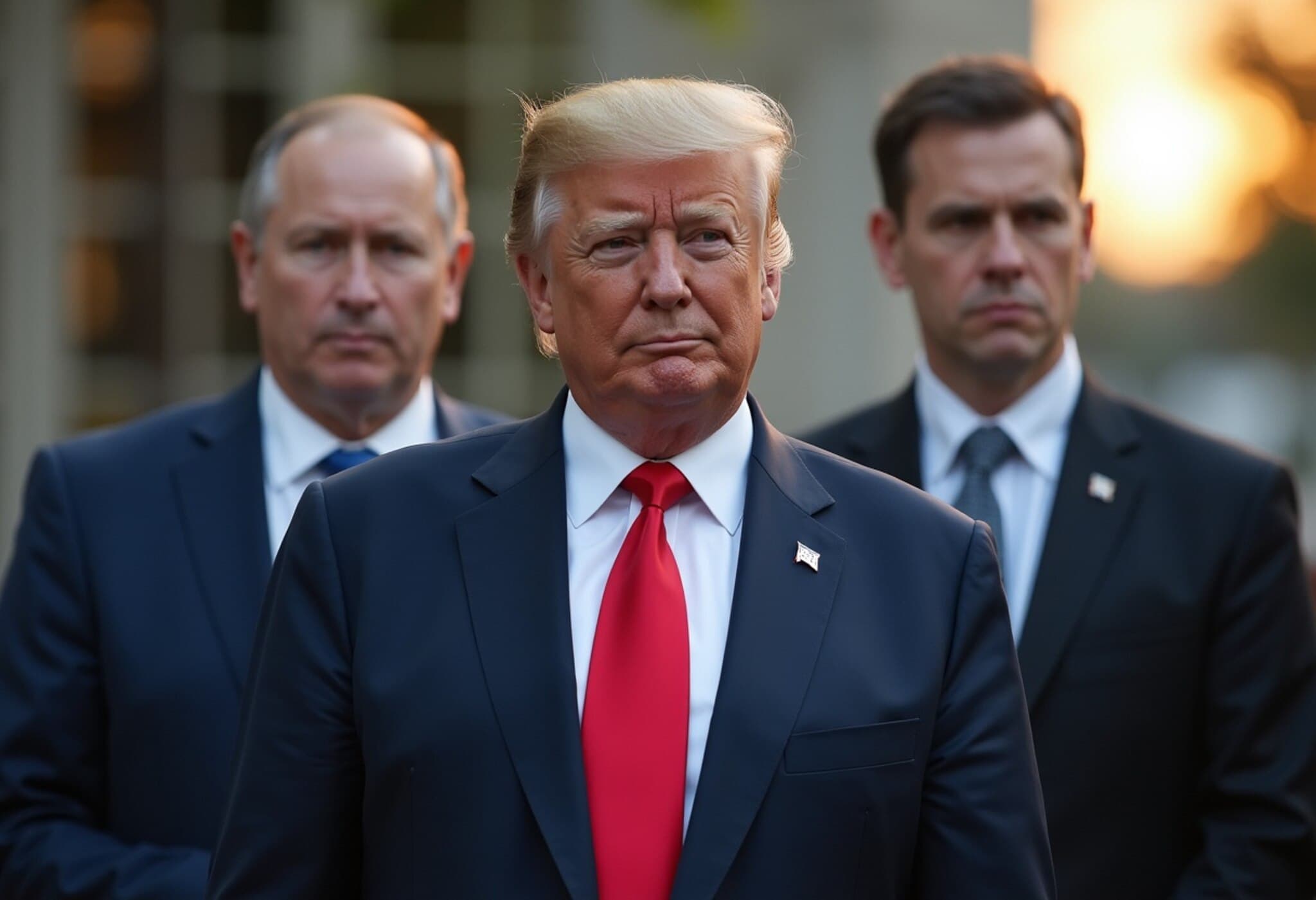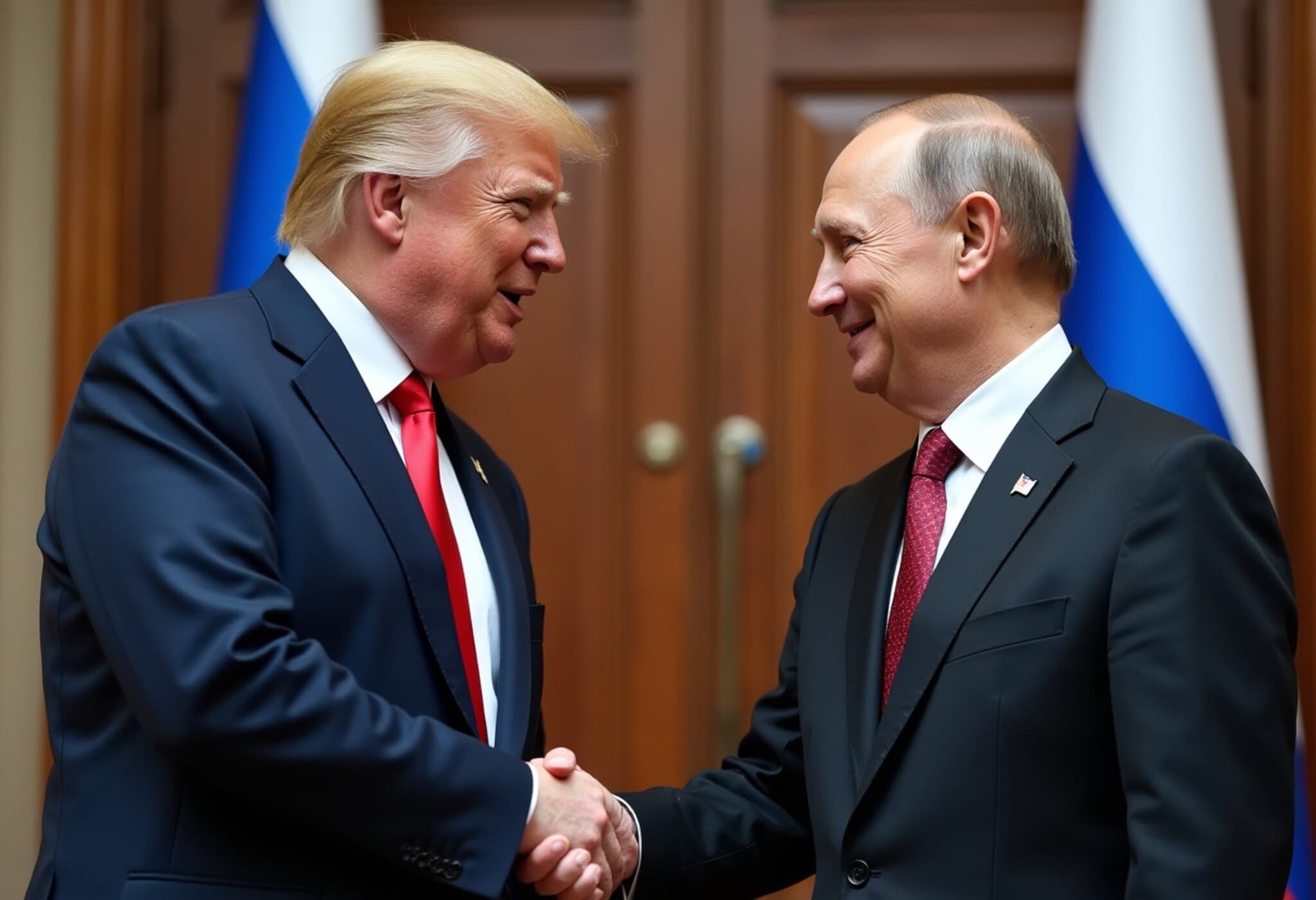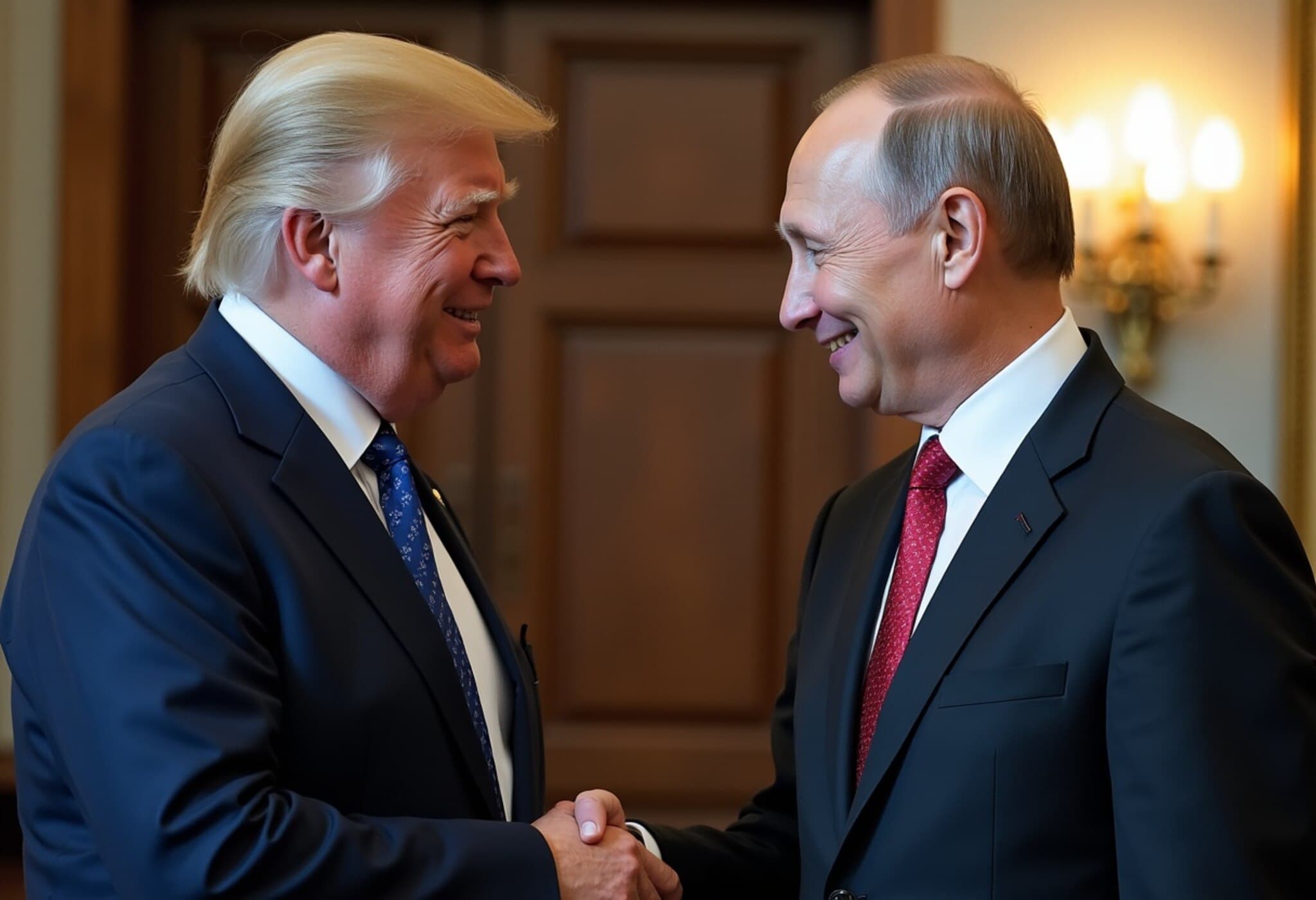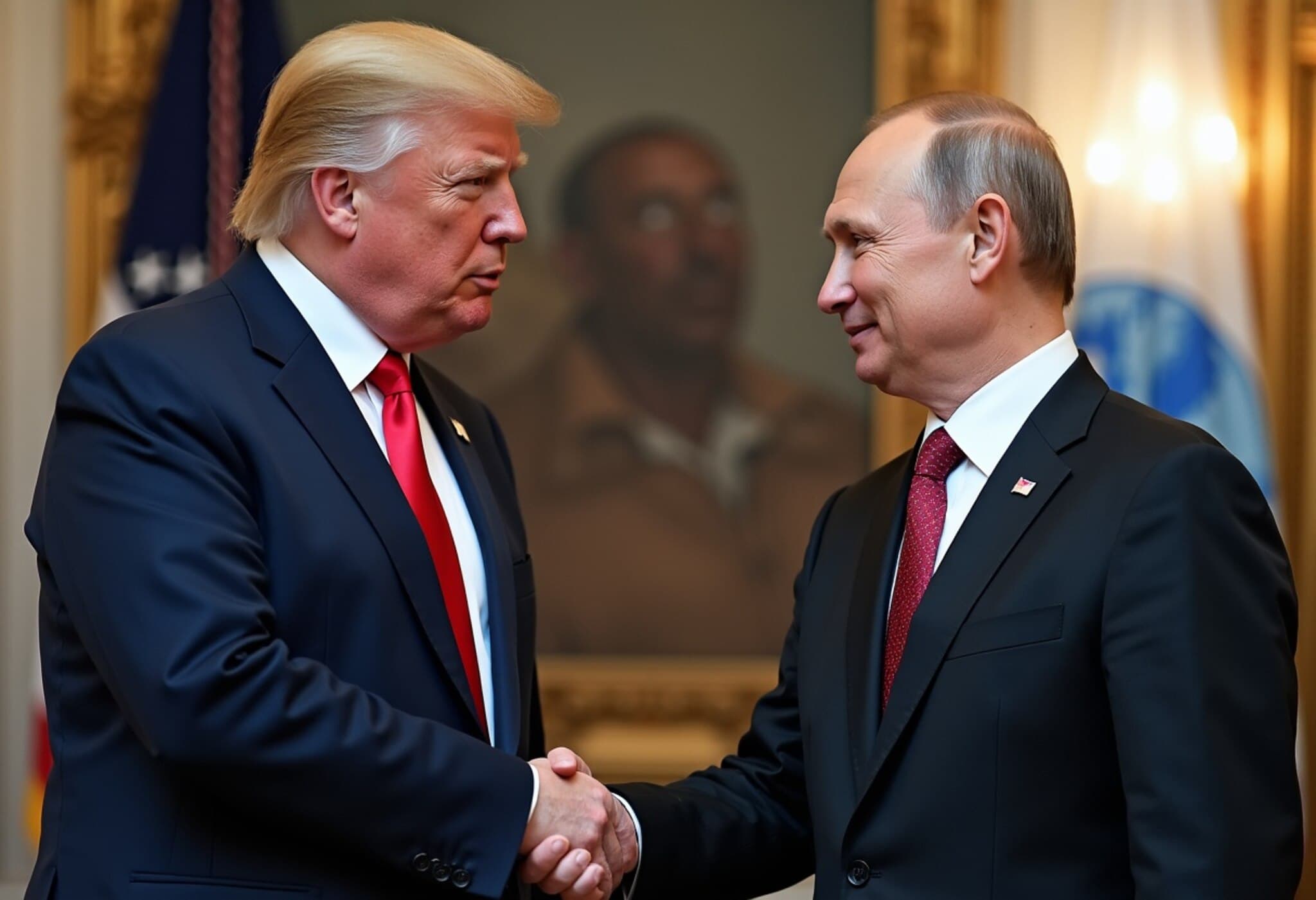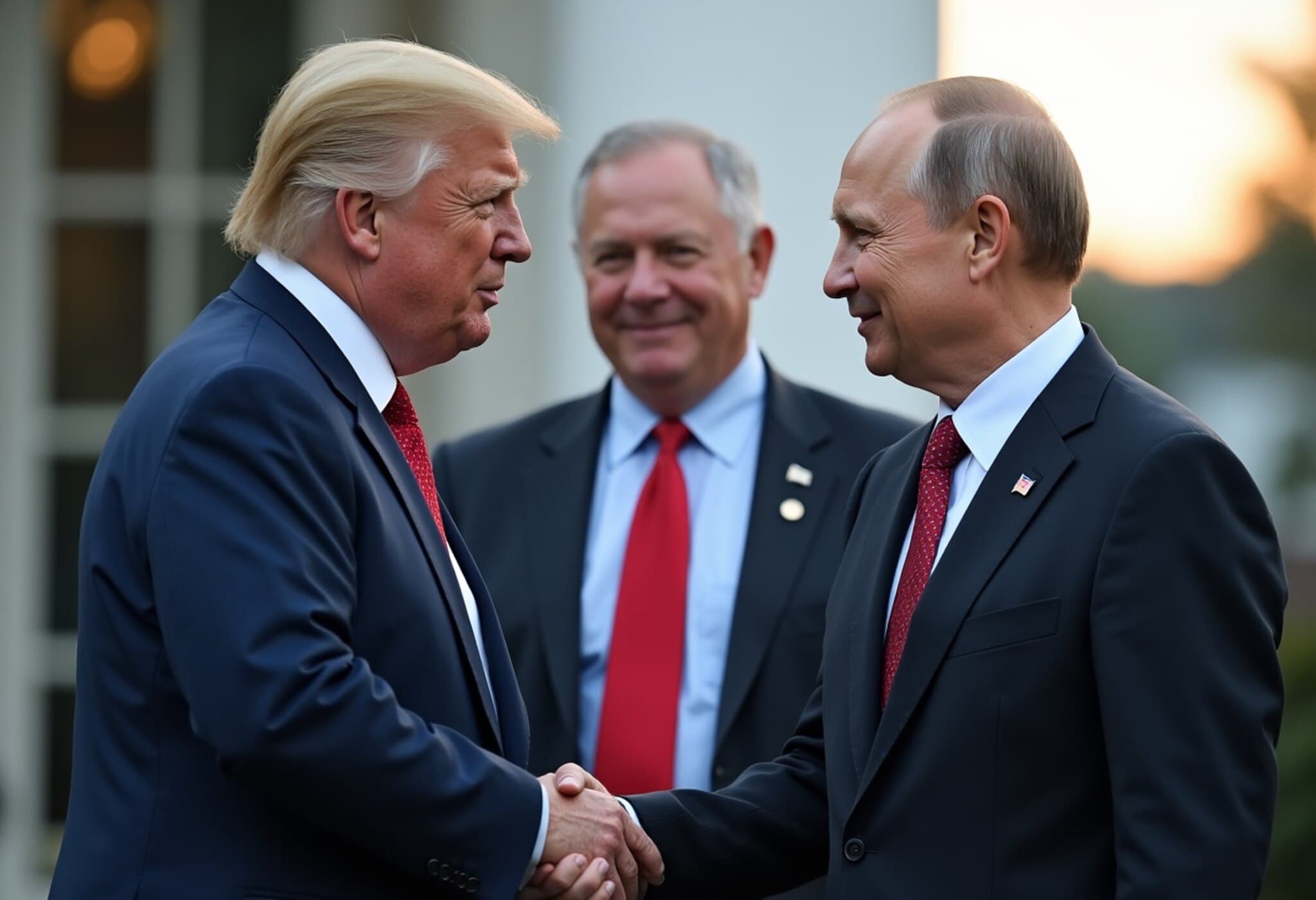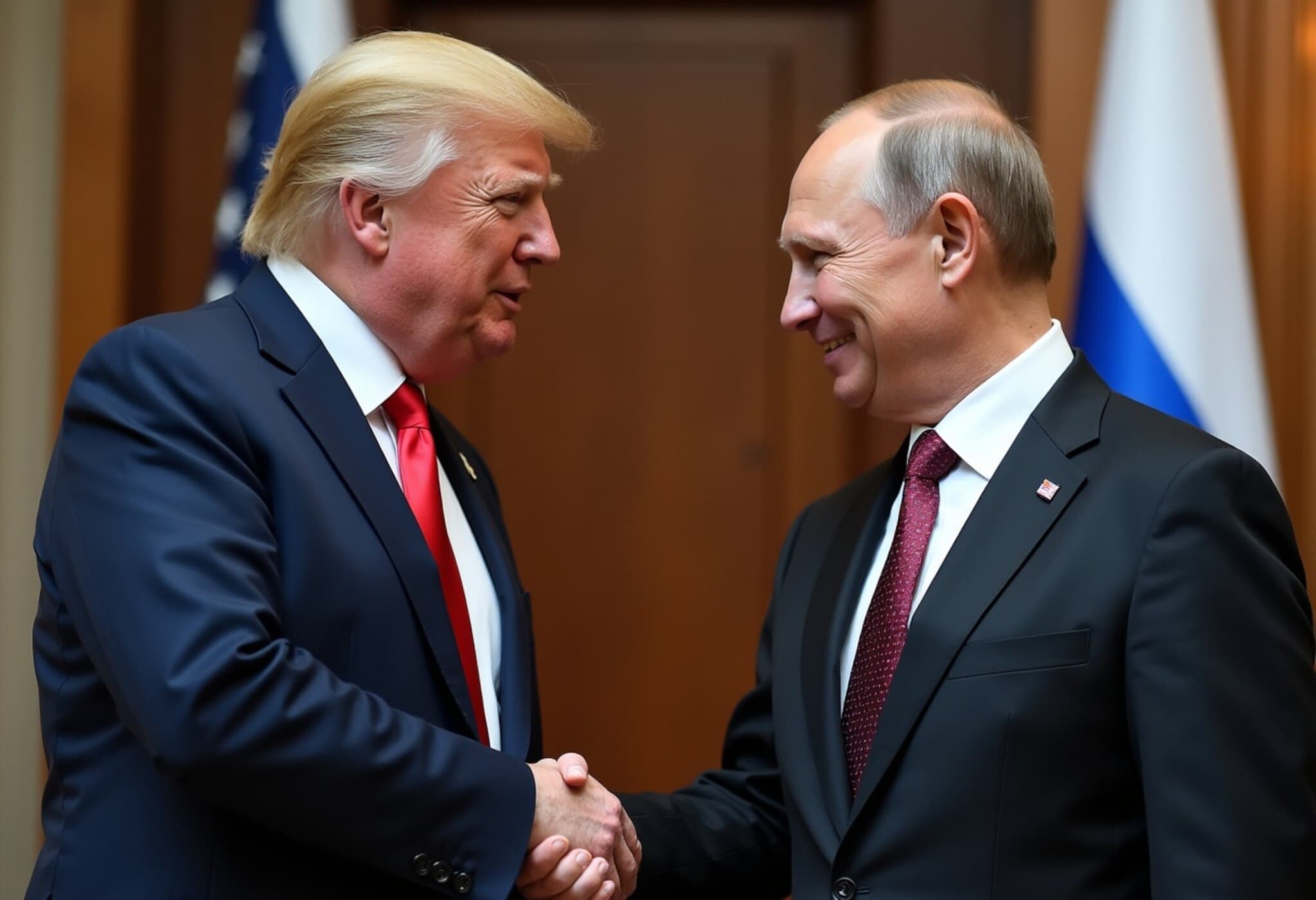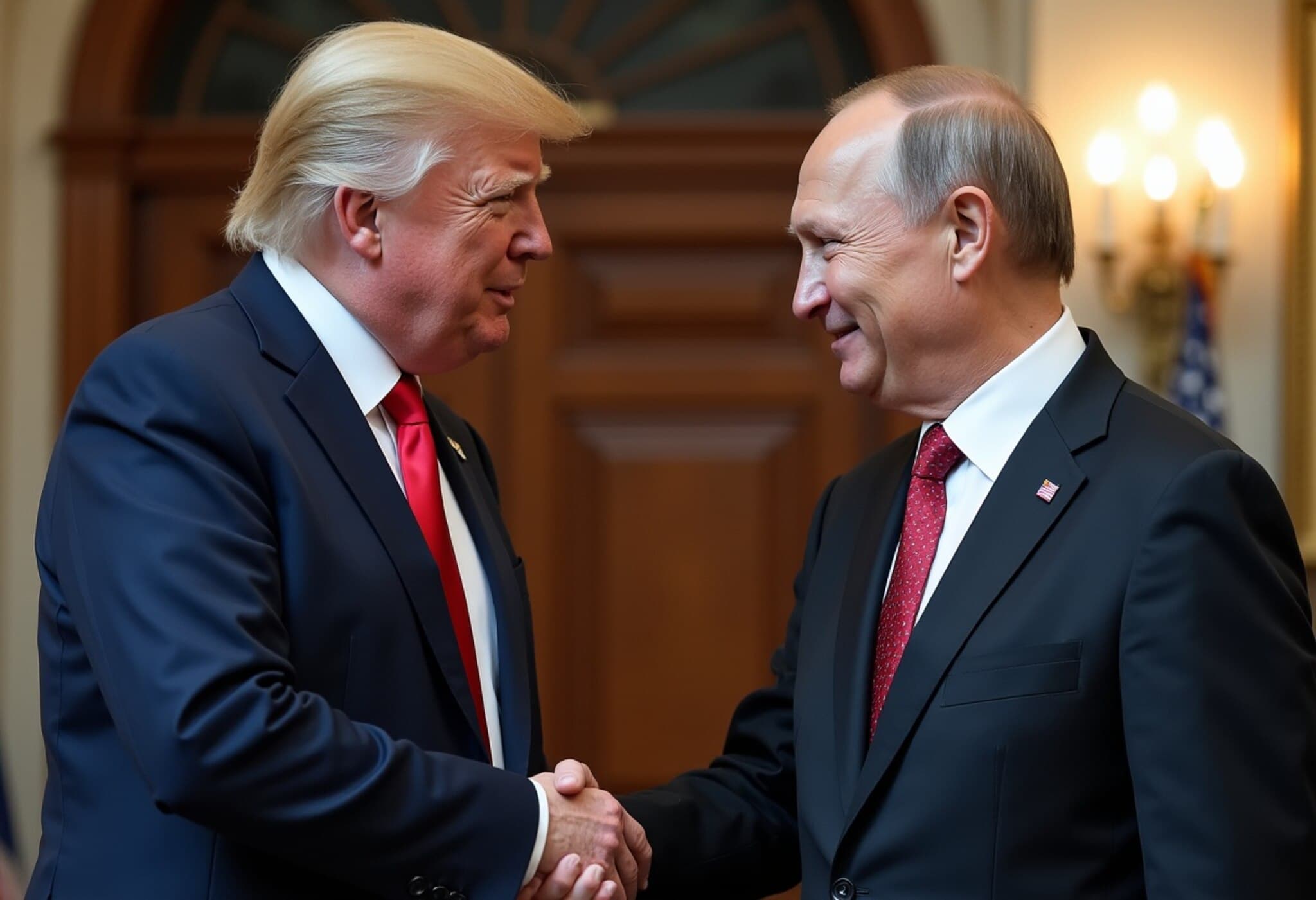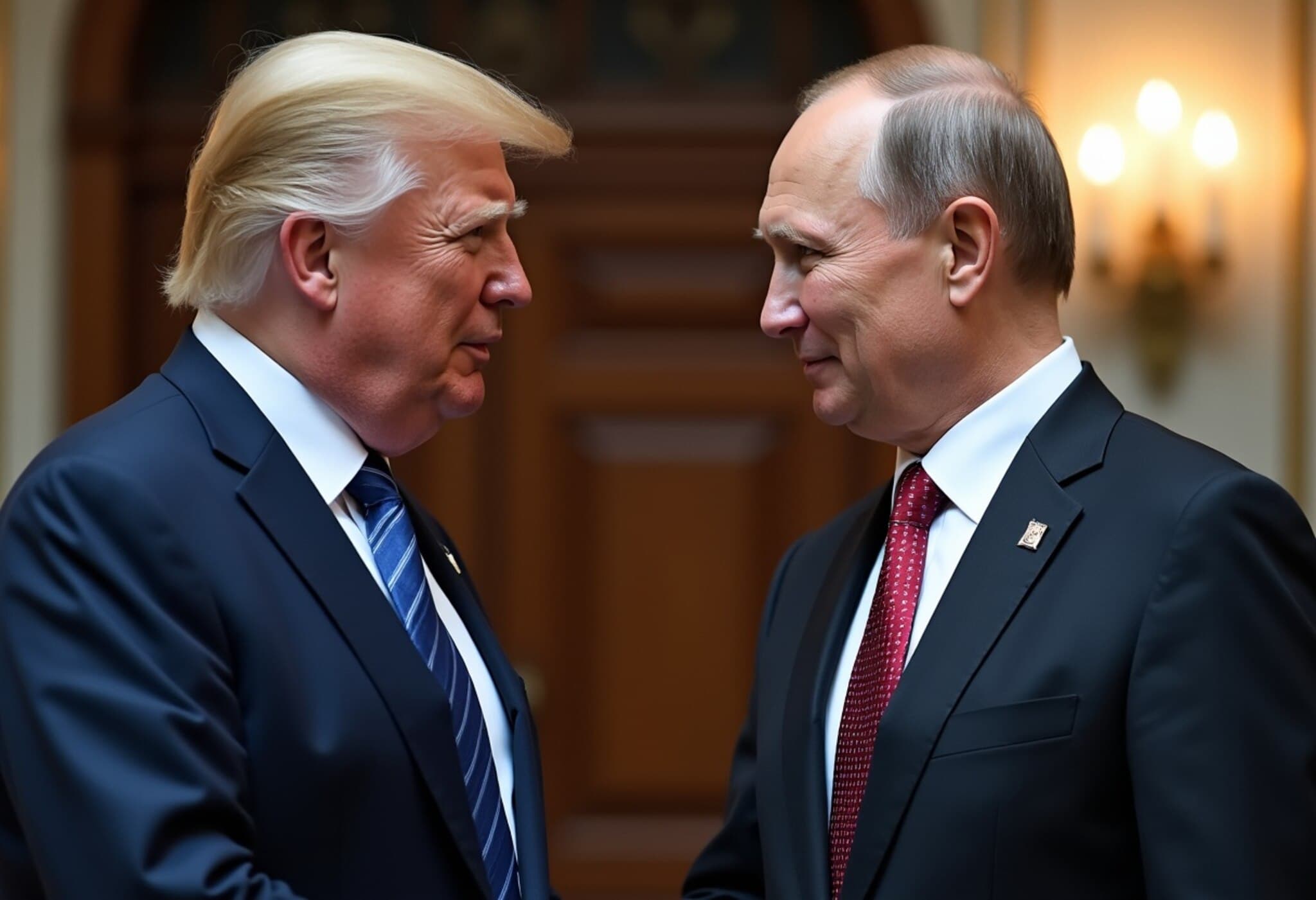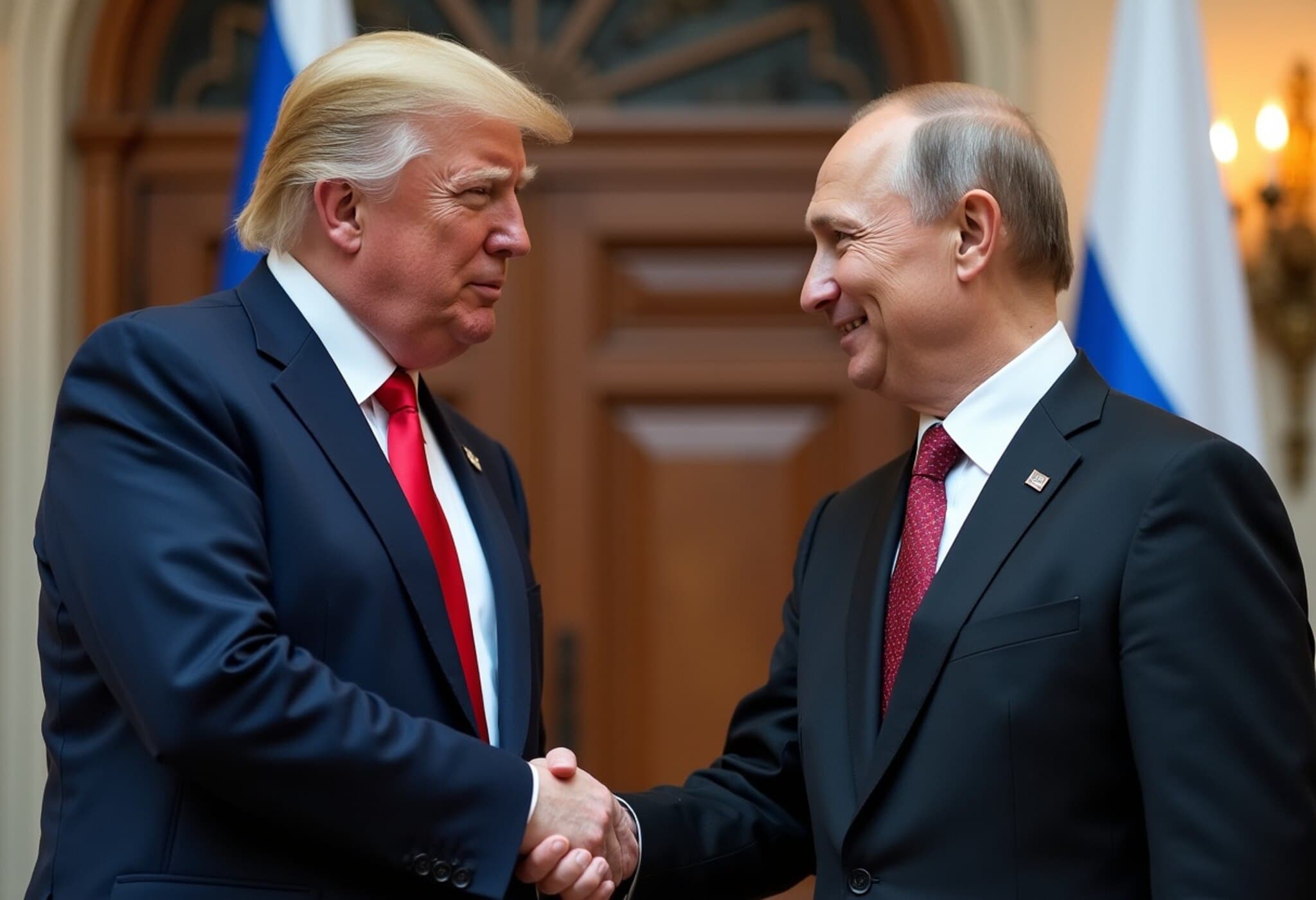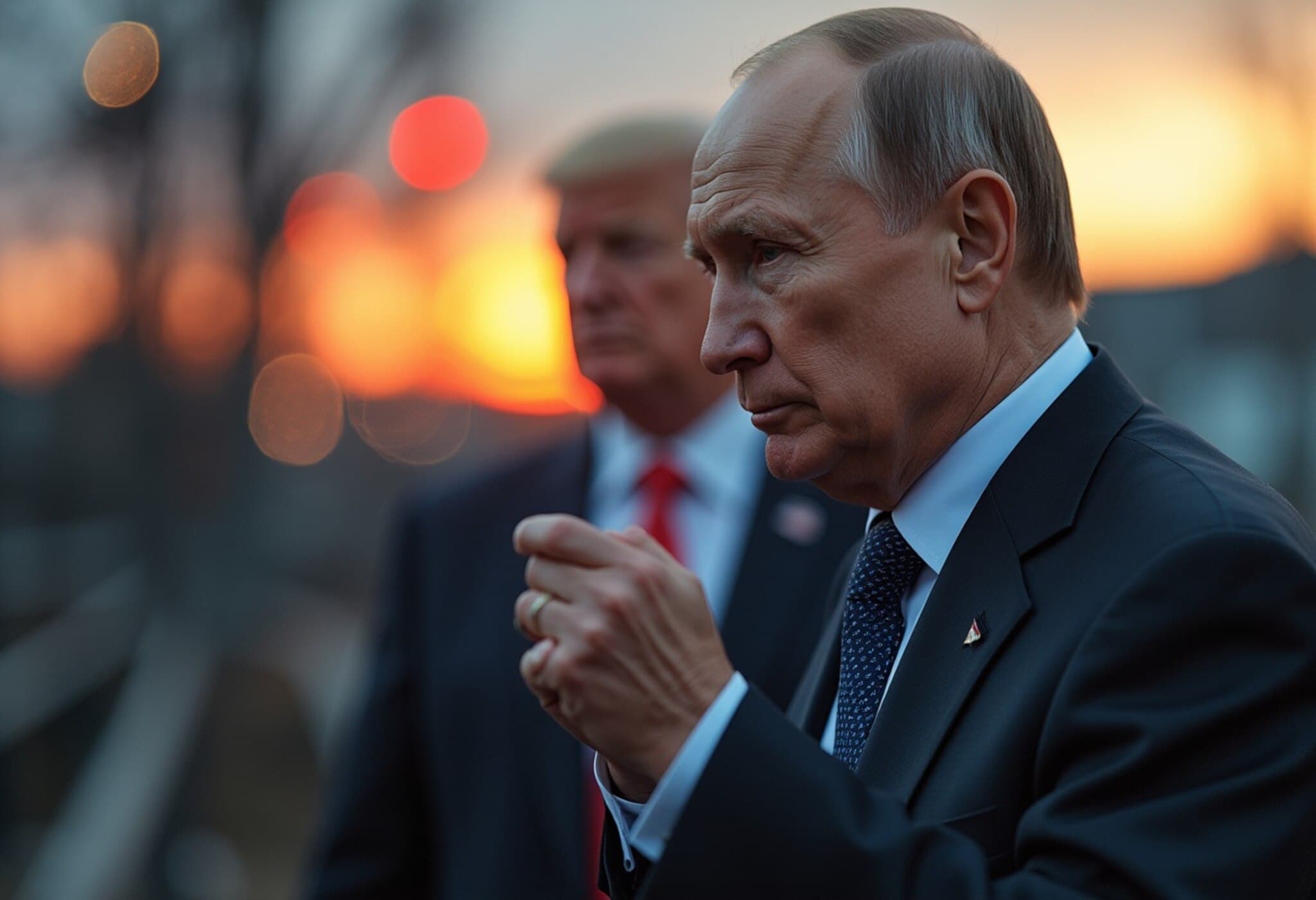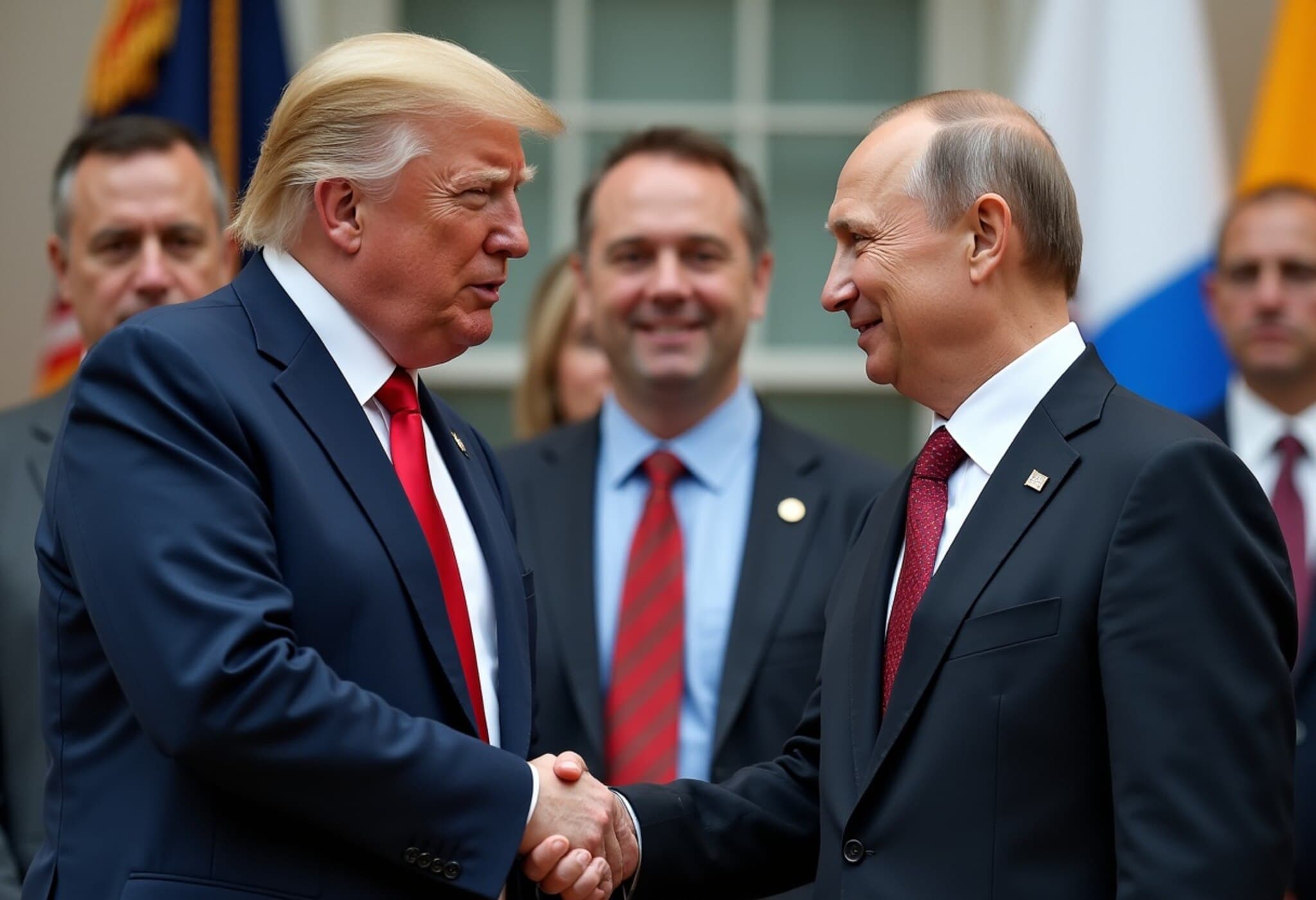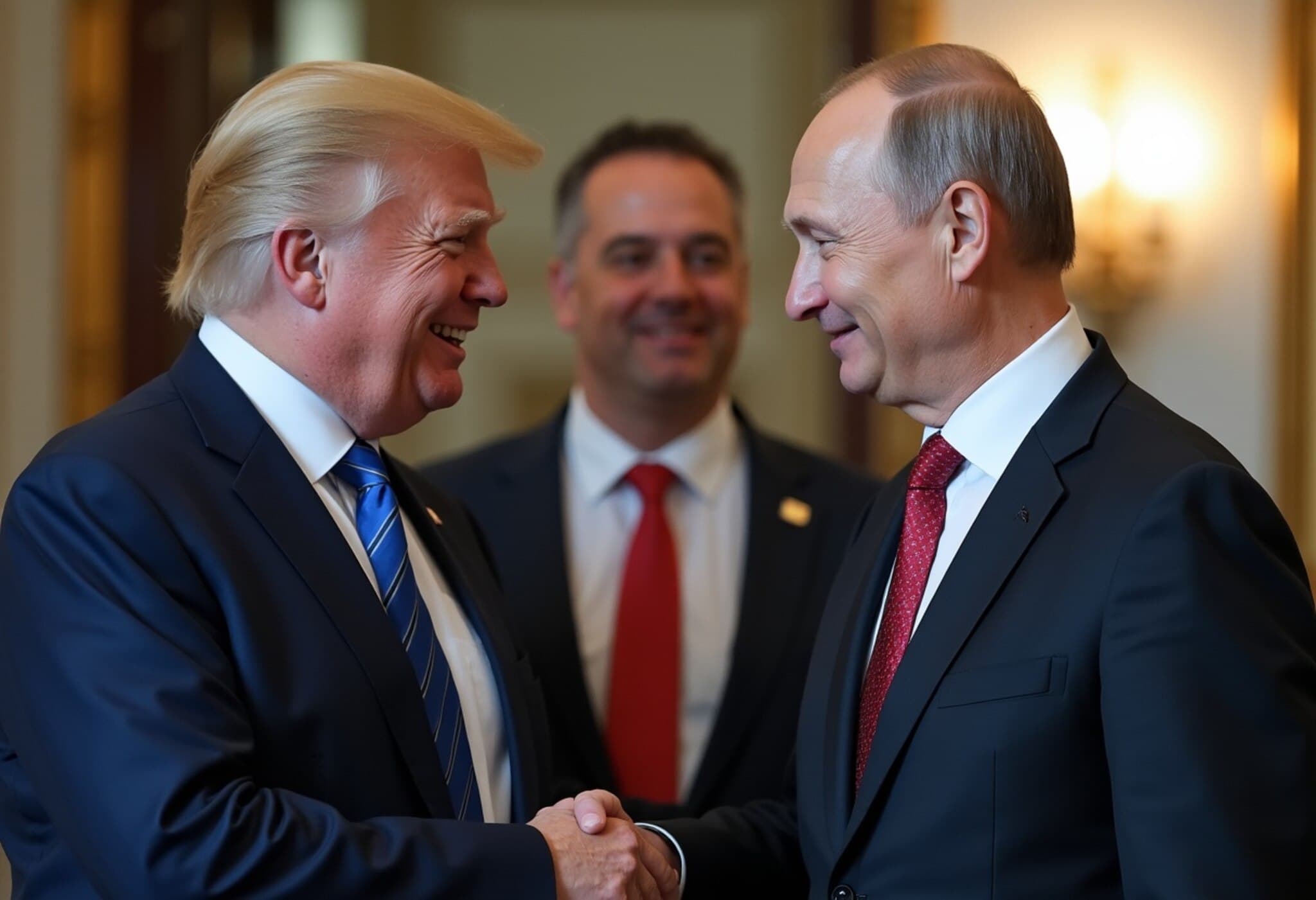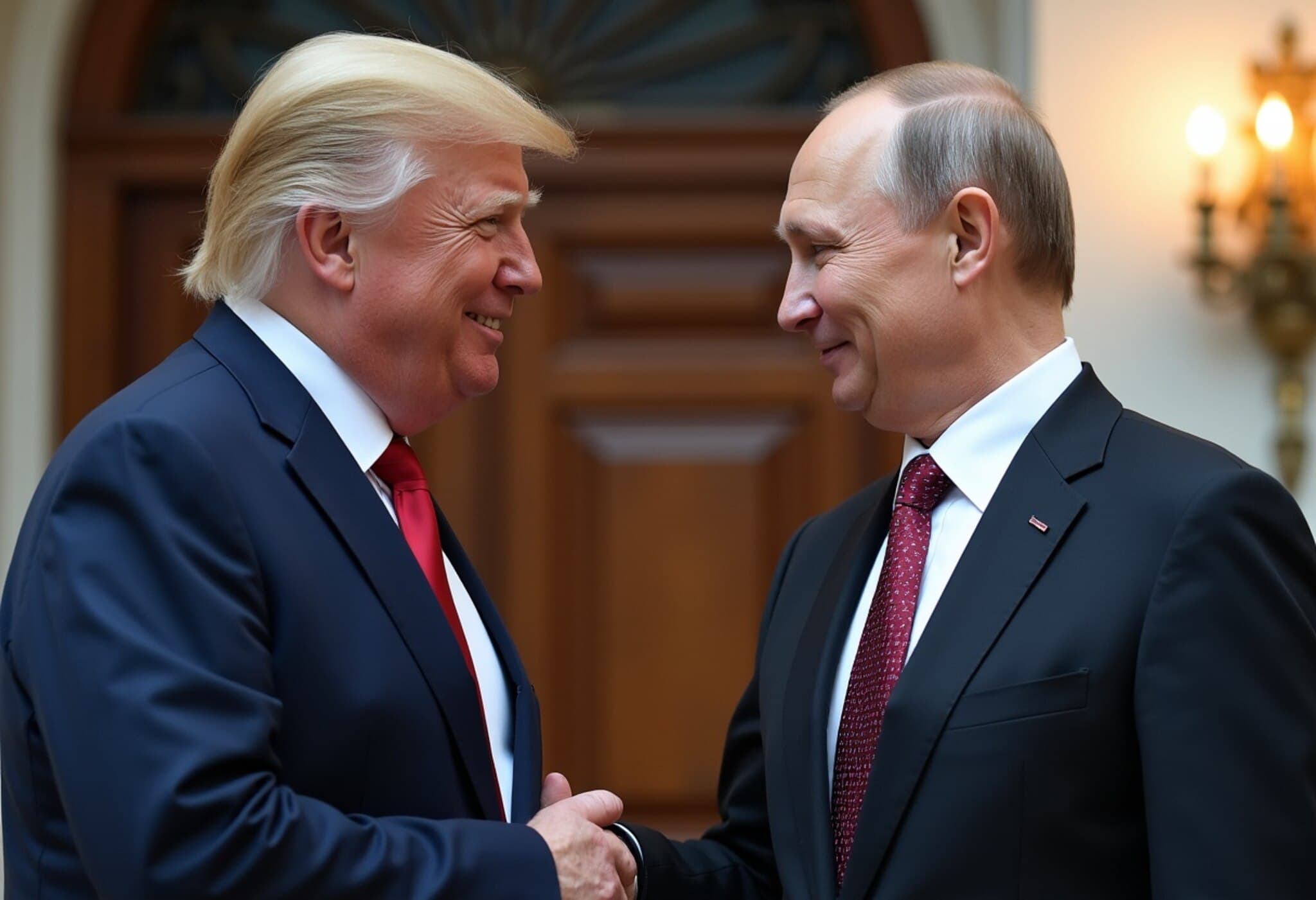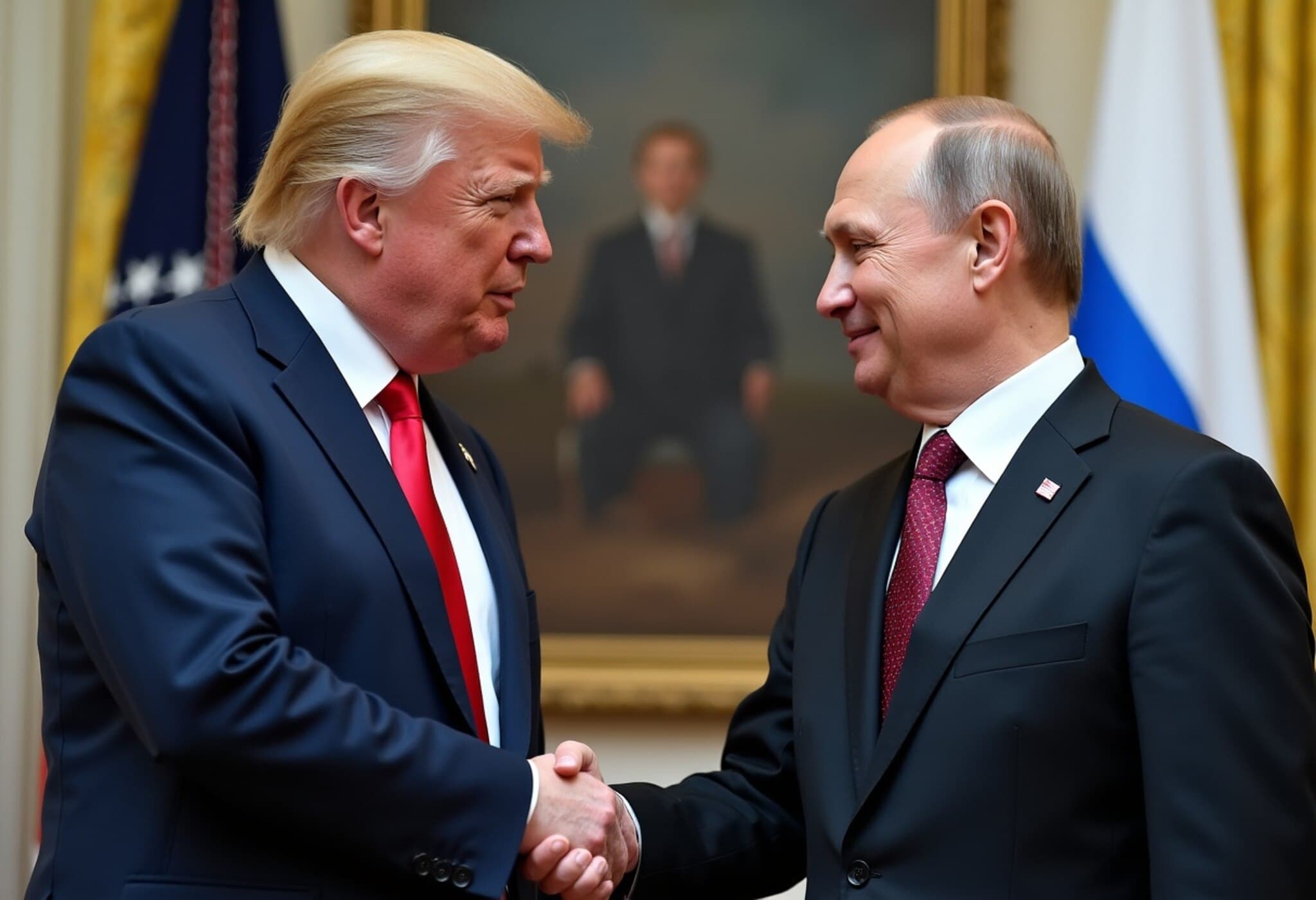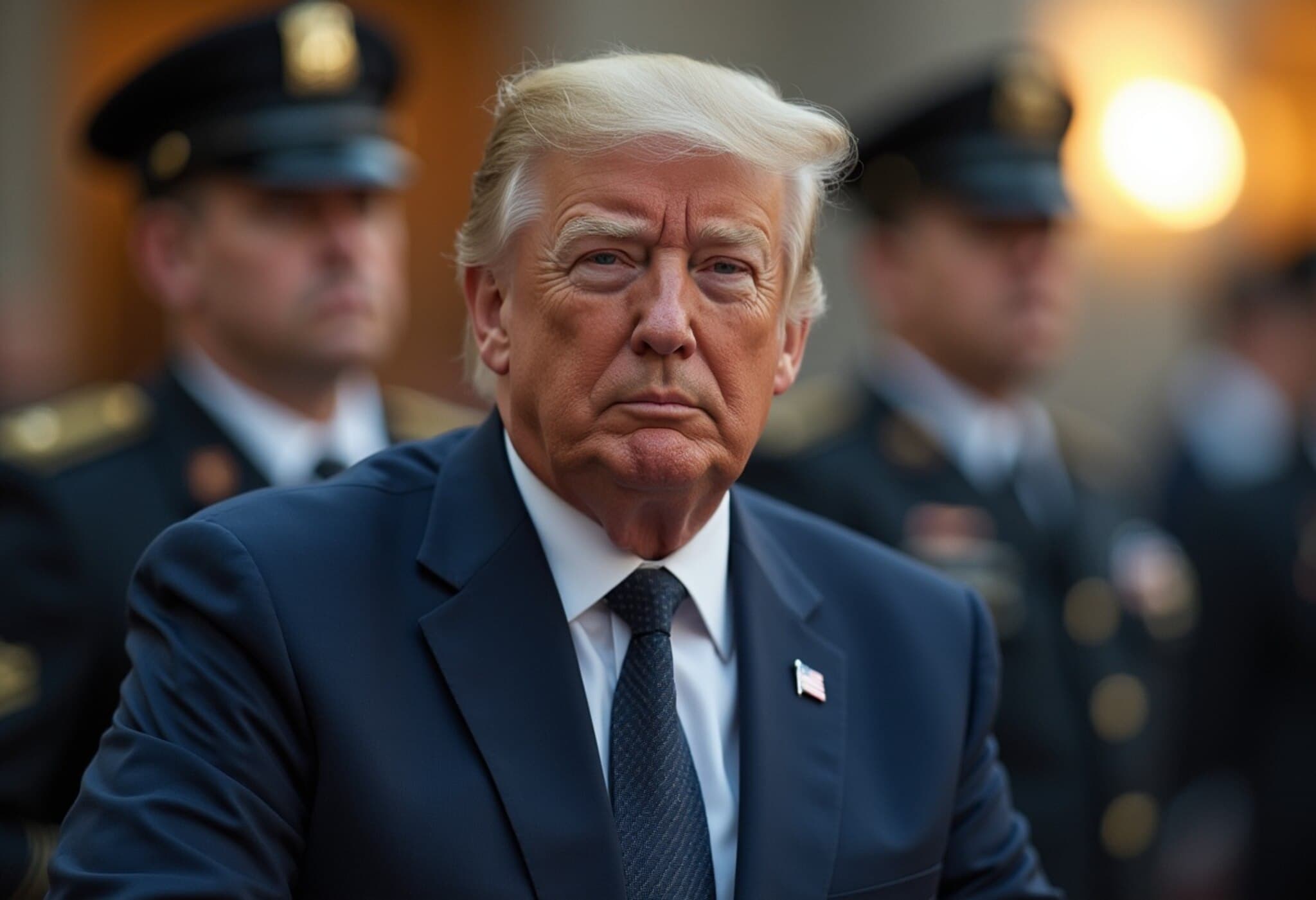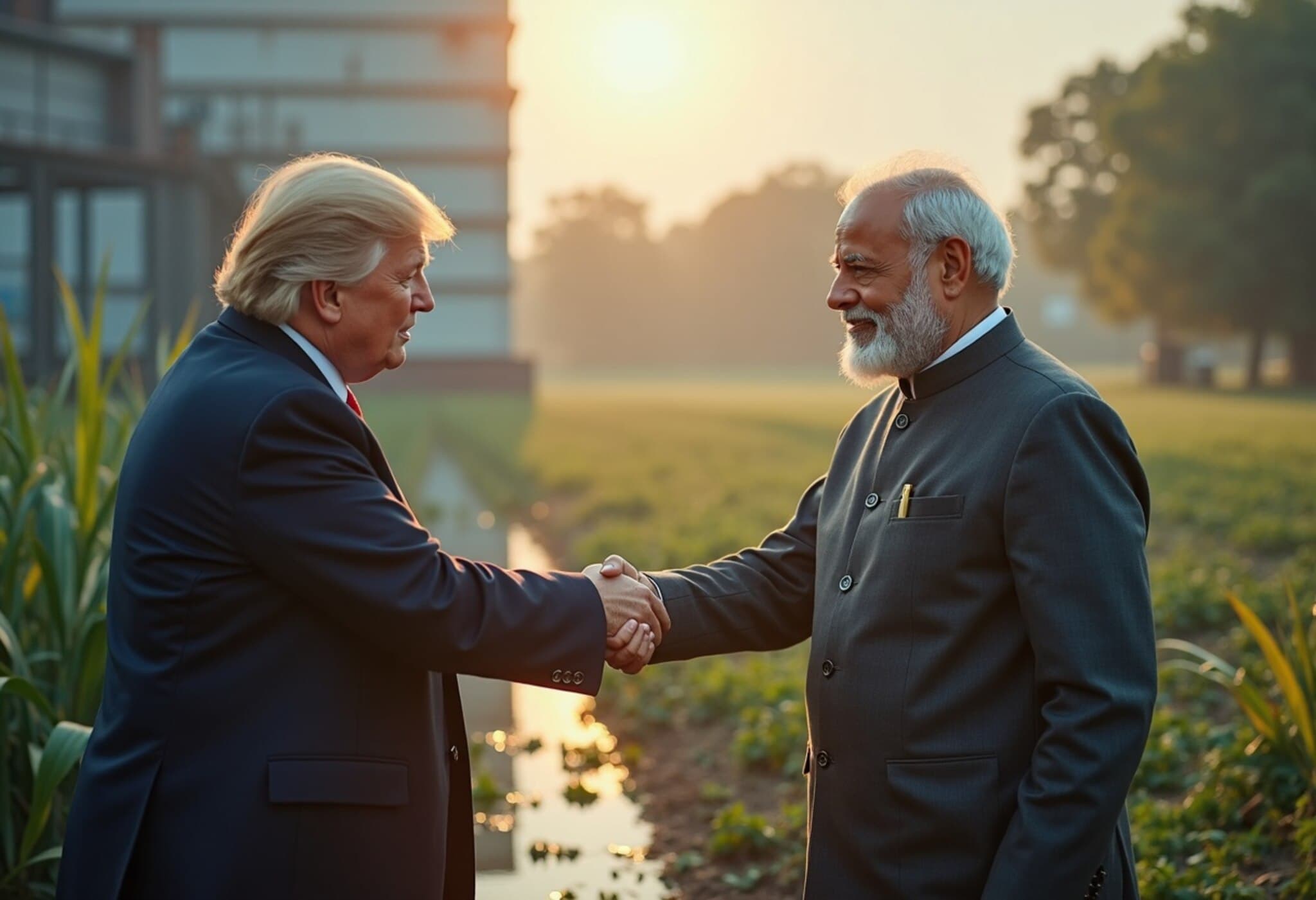Confidential US State Department Papers Left on Alaska Hotel Printer Before Trump-Putin Meeting
Just two hours prior to the high-stakes summit between then-US President Donald Trump and Russian President Vladimir Putin in Anchorage, Alaska, a startling breach of protocol emerged. Sensitive documents from the US State Department were discovered carelessly left on a public printer at the Hotel Captain Cook, the very venue hosting this pivotal diplomatic encounter. The documents contained detailed schedules, contact information for government officials, and even a luncheon menu planned for the meeting.
Details of the Documents and Their Discovery
According to NPR’s exclusive report, the papers spanned eight pages. They included a minute-to-minute agenda for the day, phone numbers of senior government personnel, and a seating plan for the luncheon intended to honor President Putin. Guests staying at the hotel stumbled upon the dossier around 9 a.m. on the morning of the meeting.
The document was reportedly printed by the Office of the Chief of Protocol, a critical department responsible for managing diplomatic formalities. However, the hotel, housing over 550 rooms, refused to disclose the printer’s exact location or further comment on the incident, citing privacy and security protocols.
US Government’s Response and Controversy
The State Department’s Principal Deputy Spokesperson, Tommy Pigott, dismissed media coverage of the event as a distraction from the summit’s achievements, labeling reports about the so-called “lunch menu leak” as “ridiculous.” Similarly, White House officials minimized the severity, stating it did not qualify as an actual security breach.
Nevertheless, security experts and lawmakers expressed sharp criticism. Congressman Darren Soto of Florida voiced frustration over repeated security lapses under the Trump administration. UCLA Law Professor Jon Michaels underscored the blunder as indicative of administrative negligence, emphasizing the fundamental protocol of securing sensitive information.
Why This Incident Matters: Beyond the Lunch Menu
At first glance, some may consider a leaked luncheon menu trivial. However, the content went far beyond culinary details. The documents revealed participant lineups, exact timings, seating arrangements, and personal contact details, all of which could be of great interest to foreign intelligence services or malicious actors.
Details like the pronunciation guide for President Putin’s name (“POO-tihn”) reflect the exhaustive preparation for a summit that held significant geopolitical implications. This summit aimed to address the protracted conflict in Ukraine and recalibrate US-Russia relations amidst intense global scrutiny.
Contextualizing the Security Lapses
This incident adds to a growing record of operational missteps documented during the Trump administration concerning sensitive information management. In an era where cybersecurity and information assurance are paramount, such physical oversights—leaving confidential papers unattended—raise pressing questions about institutional protocols.
- Risk to Diplomatic Security: Physical leaks can precede or complement cyber espionage, compromising negotiation strategies.
- Public Trust Implications: Repeated errors fuel skepticism about government competency in safeguarding national secrets.
- Policy Consequences: Potential erosion of diplomatic leverage if adversaries access internal agendas and personnel contacts.
Looking Ahead: Lessons and Questions
While the White House downplayed the incident, the discovery starkly reminds policymakers and officials of the delicate balance between transparency and security. It invites a fresh examination of current document handling practices within the highest levels of government, especially during international events attracting intense media and intelligence interest.
Could enhanced training, stricter protocols, or technological safeguards prevent such lapses in the future? How might foreign adversaries exploit seemingly harmless information in their intelligence operations? These questions deserve urgent attention as diplomatic stakes remain high globally.
Expert Insight
As Jon Michaels, UCLA law scholar, succinctly put it: "In diplomacy, details matter, and so does discretion. Leaving sensitive documents unattended is not just careless—it undermines national security and diplomatic credibility." This incident serves as a case study in the importance of rigorous operational security even in seemingly routine matters.
Editor’s Note
This episode, while it might seem minor amidst international headline-grabbing summits, is a microcosm of broader issues in governmental information security practices. It underscores the necessity for vigilance, accountability, and systemic improvement to protect the integrity of US foreign policy efforts. Readers are encouraged to consider how procedural lapses can have far-reaching consequences in the digital age where the line between physical and cyber security continues to blur.

